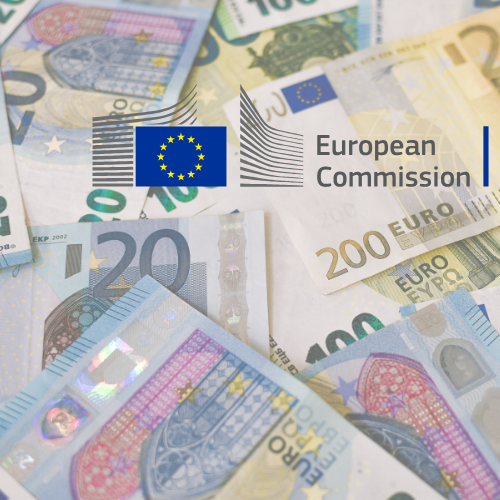The EU Commission has announced (click here) the proposed high-level scope of the EU’s 18th package of sanctions against Russia which includes a reduction in the so-called oil price cap.
What is it about?
- The EU continues to ratchet up pressure on Russia via economic sanctions, with the EU Commission announcing its plans for the 18th package of sanctions. This follows on closely to the 17th package announced in May (click here), which also included the substantial targeting of its hydrocarbons export sector including Russia’s so-called shadow fleet of vessels responsible for delivering seaborne crude and products. The 18th package also targets Russia's business and banking sectors, with the widening of export bans and controls, and the strengthening of anti-circumvention measures;
- Of relevance to energy traders is the proposal to lower the oil price cap from USD $60 to USD $45 per barrel given the fall in oil prices since the oil price cap was first introduced in 2023. Since trading activity is now very close to the cap level, the lowering is designed to restore its effectiveness from a sanctions perspective. The oil price cap is a G7 coalition measure. As such, the EU plans to discuss this topic at the G7 Summit due to be held in Alberta, Canada this week. The second area involves a transaction ban on both the Nord Stream 1 and Nord Stream 2 pipelines, meaning that no EU operator will be able to engage directly or indirectly in any transactions involving the pipelines – a move which has thus far been avoided on the grounds of security of supply. For the third measure, the EU intends to introduce a ban on the import of refined products based on Russian crude to prevent Russian crude oil entering the EU “through the back door”;
- From the banking and exports perspective, the EU Commission proposes to transform the existing prohibition on the use of the SWIFT system into a full transaction ban, and to extend that ban to another 22 Russian banks. In a second measure, they also propose extending the transaction ban to financial operators in third countries that finance trade to Russia in circumvention of sanctions. The third measure involves further export bans worth more than 2.5 billion euro targeting machinery, metals, plastics and chemicals useful to its war effort. The fourth and final measure aims to widen the scope of the transaction ban that already exists, and the listing of 22 Russian and foreign companies providing direct or indirect support to Russia's military and industrial complex.
The EU’s ongoing objective is to achieve a full, unconditional ceasefire of at least 30 days reiterating that “there is no return to the past”. Naturally the G7 oil price cap measure will only be effective should all parties in the coalition agree to the measures. At present it is not clear whether the US will participate although given the recent deterioration of talks between the US and Russia to end the war, this is perhaps more likely.
Firms with exposure to the sanctions against Russia should prepare for the formalisation of these proposals following the G7 meeting this week, including communicating the potential changes to front office stakeholders.
.png)
